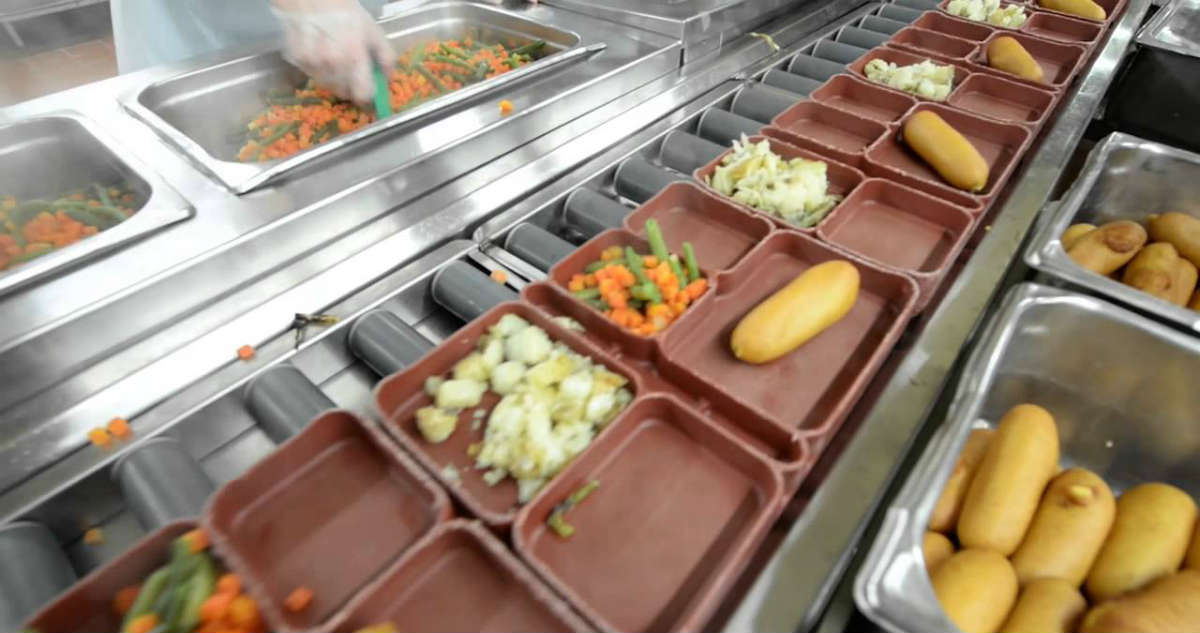
Is salt bad for you? Let’s feed prisoners low-salt food and see
Researchers enter fraught area of clinical research
A group of medical researchers has proposed a clinical trial in American prisons to test whether too much salt is bad for you. In an editorial in the journal Hypertension the researchers argue that major professional associations believe that a randomized clinical trial in a controlled environment is needed to settle the matter once and for all.
The “controlled environment” is very difficult to create for “free-living” people, the editorial says, because most people eat processed food at home at dine out at restaurants. The idea of asking participants to eat only prepared meals containing set amounts of sodium is unrealistic.
What environments might be suitable? The military, nursing homes and retirement communities were suggested and discarded. But prisons, especially federal prison, seem almost ideal.
The ethics of clinical trials on prisoners is a fraught area, with many abuses in the past. However, the authors of the editorial are optimistic.
Preliminary conversations with leadership of prison systems have been enlightening and helpful. A review of the idea by a prisoner rights ethics expert and initial engagement with potential funders have been encouraging.
However, the ethical difficulties remain. “Consent means something very different in the prison environment,” Marc Morjé Howard, the director of the Prisons and Justice Initiative at Georgetown, told The Atlantic. Prisoners who participate so they can get access to health care or to stay on the right side of prison authorities may not be choosing freely.
“It’s hard to overstate the importance of food in prisons,” says Keramet Reiter, a criminologist at the University of California at Irvine. Food is a major ingredient of happiness in prisons. It even serves as currency. Changing to a bland, low-salt diet could lead to major disruption.
At the moment, the study is no more than an idea. “Broadly, we’re looking for advice on whether this is an insane idea,” one of the researchers told The Atlantic. “Or whether it’s something that experienced people think might be achievable.”
Creative commons
https://www.bioedge.org/images/2008images/FB_prison_food.jpg
clinical research
prison ethics
- How long can you put off seeing the doctor because of lockdowns? - December 3, 2021
- House of Lords debates assisted suicide—again - October 28, 2021
- Spanish government tries to restrict conscientious objection - October 28, 2021
